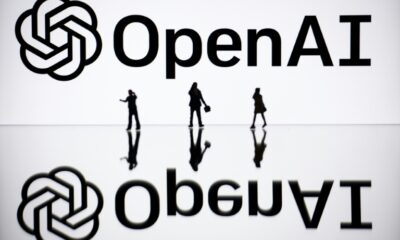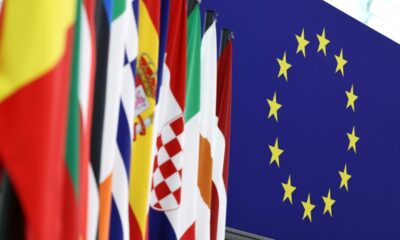For years, a band of science-loving “troll hunters” hounded climate change deniers off Twitter — but Elon Musk’s takeover has upended their efforts, with many ousted accounts back, pushing fresh disinformation.
Despite the threat climate change poses to the planet, disinformation about it has gone largely unsanctioned on Twitter. But a secretive global community of about 25 scientists and activists, calling themselves Team Ninja Trollhunters (TNT), found a roundabout way to tackle it.
Since its founding in 2019, TNT claims to have secured the suspension of some 600 accounts of climate change denialists by reporting them for other infringements, including hate speech, that are officially recognized by the platform as valid grounds for termination.
“If they’re saying something racist or offensive or misogynist, we can get them kicked off,” one Germany-based TNT member, a 45-year-old scientist who asked to be identified as Tom, told AFP in a Zoom interview.
Like other TNT members interviewed by AFP, he requested that his real identity be withheld to avoid online harassment.
TNT members showed AFP archives documenting their campaigns, including a spreadsheet logging thousands of Twitter accounts they reported on grounds ranging from spam and harassment to hate speech and threats. They also shared screenshots confirming numerous suspensions.
“We make sure that we’re as under the radar as possible… to get (climate) deniers and ‘sceptics’ and just generally nasty people reported on Twitter,” a Canada-based member named Peter told AFP.
“We’re more effective if we’re very quiet about it. These deniers are quite often very violent in their responses to climate misinformation being corrected. Intimidation and abuse are very common.”
– ‘Opened the floodgates’ –
That approach appeared to work -– before Musk’s turbulent $44 billion acquisition of Twitter last October. Research by monitoring groups indicates a spike in misinformation on the platform as moderation was gutted and a paid verification system boosted conspiracy theorists.
Adding to the turmoil, self-proclaimed free speech absolutist Musk has restored what researchers estimate are tens of thousands of accounts once suspended for violations, including incitement to violence, harassment and misinformation.
Twitter’s press office and members of its sustainability team who were laid off after the takeover declined to comment.
In one example, TNT reported a Canada-based climate change denier for repeated threatening and offensive behaviour. An online archive of the Twitter account shows it branded climate change a scam and ridiculed activists and scientists to thousands of followers.
“You can call it trolling, I call it having fun with idiot climate alarmists,” he wrote in one exchange.
The account was suspended but the same user appeared to have returned with a different handle, posting “I’m back” in October 2022, and resumed retweeting material denying the causes of climate change.
“We got some fairly big accounts removed” but many came back “when Elon Musk kind of opened the floodgates again,” said Tom.
“We’ve had to change tactics” — less reporting of abusive accounts and more debunking of science claims, he added. “It’s a real struggle to keep up.”
Among other accounts targeted by TNT, a prominent US climate change denier was suspended in 2021 for “spreading misleading and potentially harmful information related to Covid-19”, according to a screenshot posted by one of his followers.
Spreading false information about Covid-19 “is fairly common for science-denial accounts: there’s a lot of overlap due to conspiracy-thinking tendencies for the fact-adverse,” Peter said.
The user returned with a new handle before the takeover and now has a “verified” checkmark, available for sale under Musk. He has posted regularly using the popular denialist hashtag ClimateScam, peddling misleading claims on topics such as arctic ice, temperatures and droughts.
– ‘Hateful conduct’ –
But the TNT’s fight continues.
Despite the reported rise in hate speech on Musk’s Twitter, they scored a rare success this year, successfully booting off a prolific Australia-based tweeter of climate misinformation — on the grounds of “hateful conduct”, according to a screenshot published by a TNT member.
His tweets included claims that the Earth is cooling and that carbon dioxide does not cause warming. The member who reported the account told AFP the tweet for which it was suspended was about “immigration into the UK”.
The group has been prompted to defend its tactics as some TNT members are themselves confrontational, aiming to provoke their targets into stepping over the line.
In one exchange, a TNT member told a prominent climate change denier he sounded like “a lobotomized cackling moron”.
“We’re going after accounts that are doing things that are reportable,” Peter insisted. “We’re not trolling people.”

 Business4 months ago
Business4 months ago
 Business5 months ago
Business5 months ago
 Events3 months ago
Events3 months ago
 People4 months ago
People4 months ago
 Events6 months ago
Events6 months ago
















